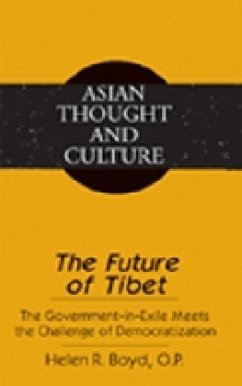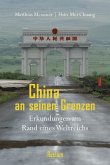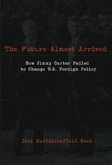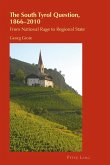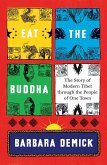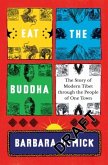This book discusses the emergence of democracy's modernizing force in an exiled community with a political history based on a feudal theocracy. Since his exile almost forty years ago, the Dalai Lama and his government-in-exile have steered this fledgling democratic community toward the fulfillment of his dream of converting a theocracy to a democracy. The establishment of a tripartite government with separate powers and the development of a framework for a future democratic polity - if and when Tibetans regain their land - is a testament to the ongoing democratizing revolution.
"This pioneer study of the quest for democracy of the Tibetans in exile has startling insights into the long road the Tibetans have traveled - and must yet travel - to build an open civil society that will match their lofty religious principles. How the Dalai Lama has succeeded in moving his people from old-line theocracy toward a practical, modern democratic polity is an inspiring and well-told tale in this rendition. Without slighting the deep ideological and generational divisions in the Tibetan exile community, Dr. Boyd's evenhanded and well documented book offers hope for all peoples still trying to perfect self-governance. Equality, modernity, and fidelity to otherworldly values need not always be in conflict." (Jeffrey C. Kinkley, Professor of History, St. John's University, New York)

